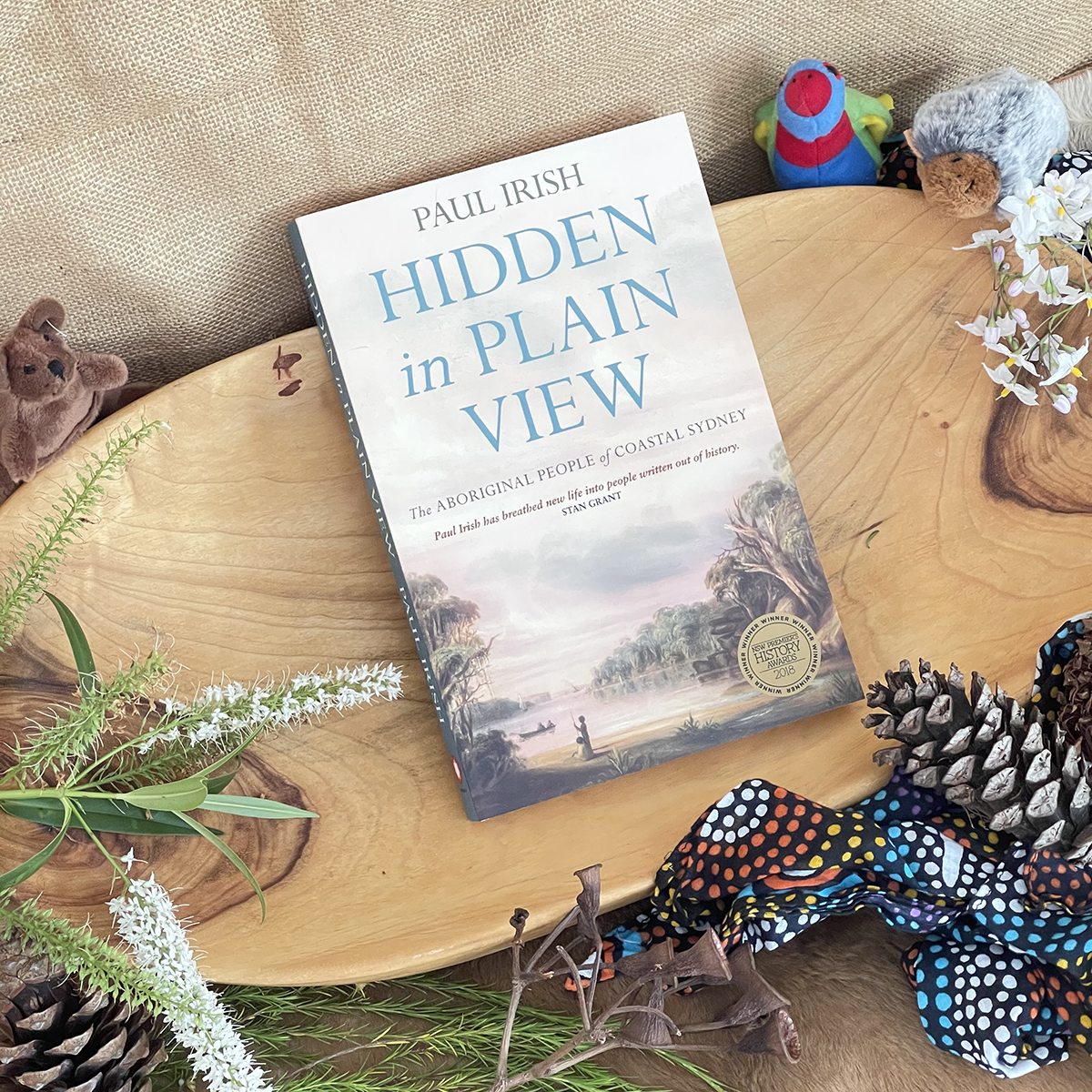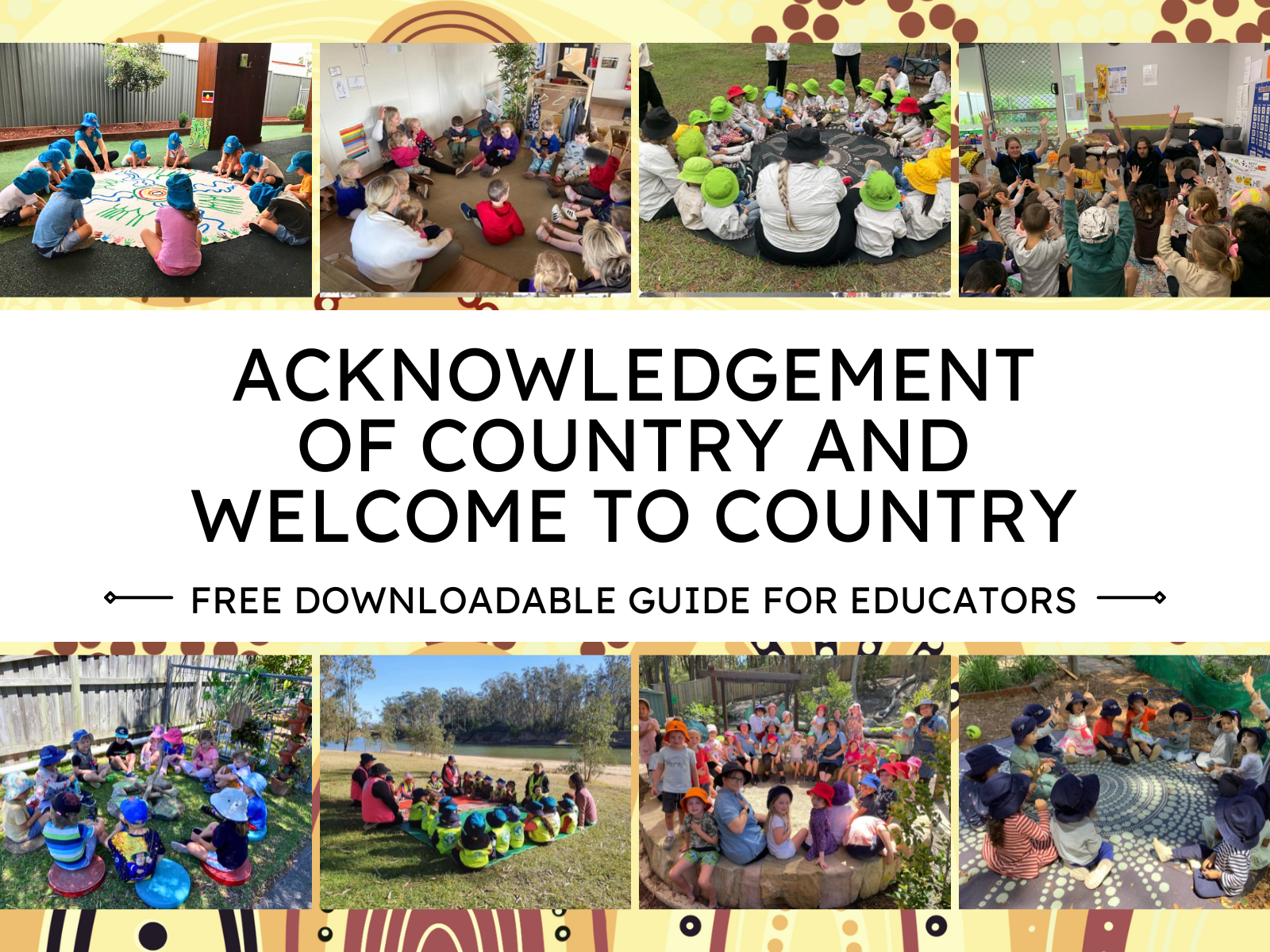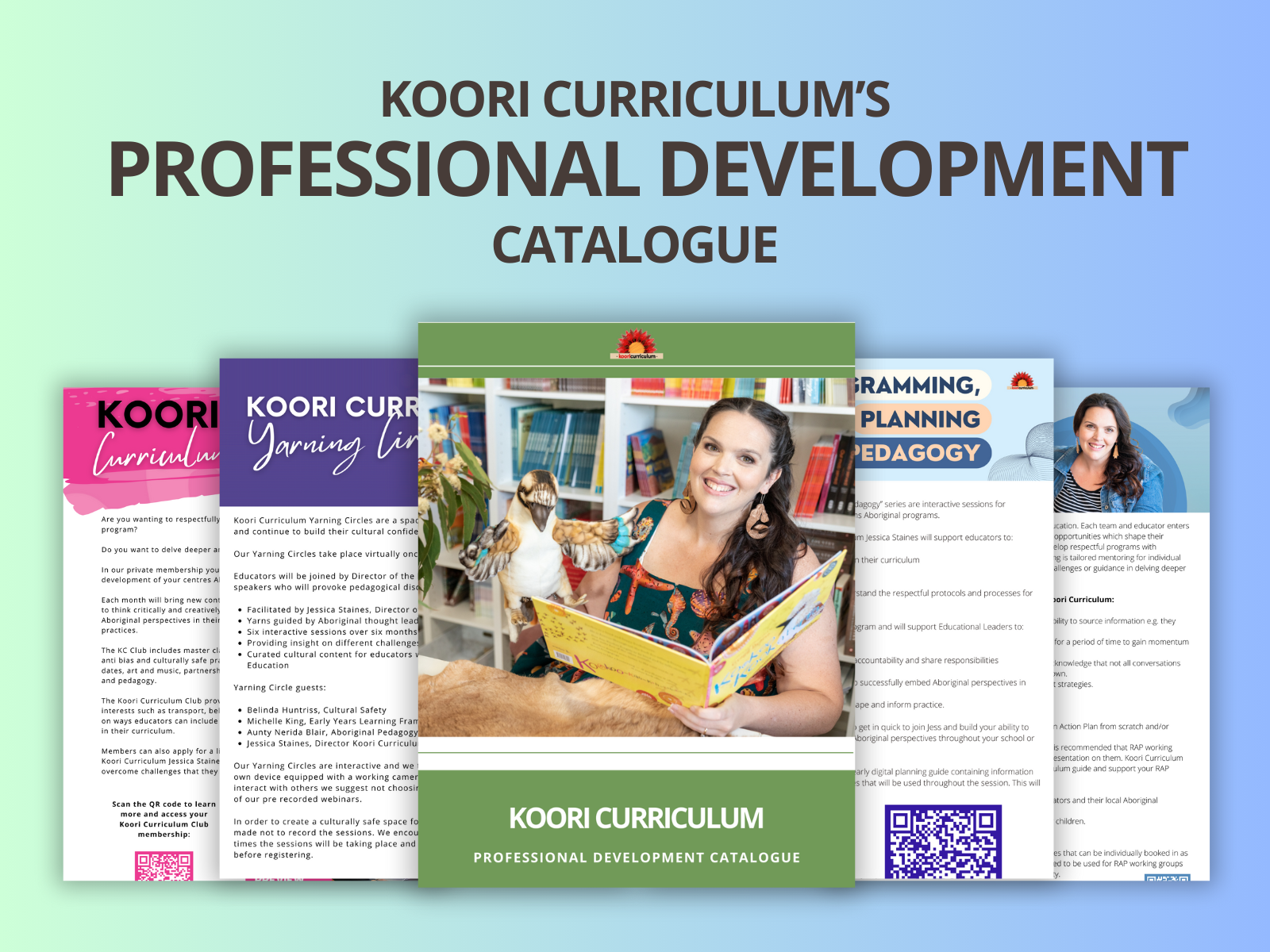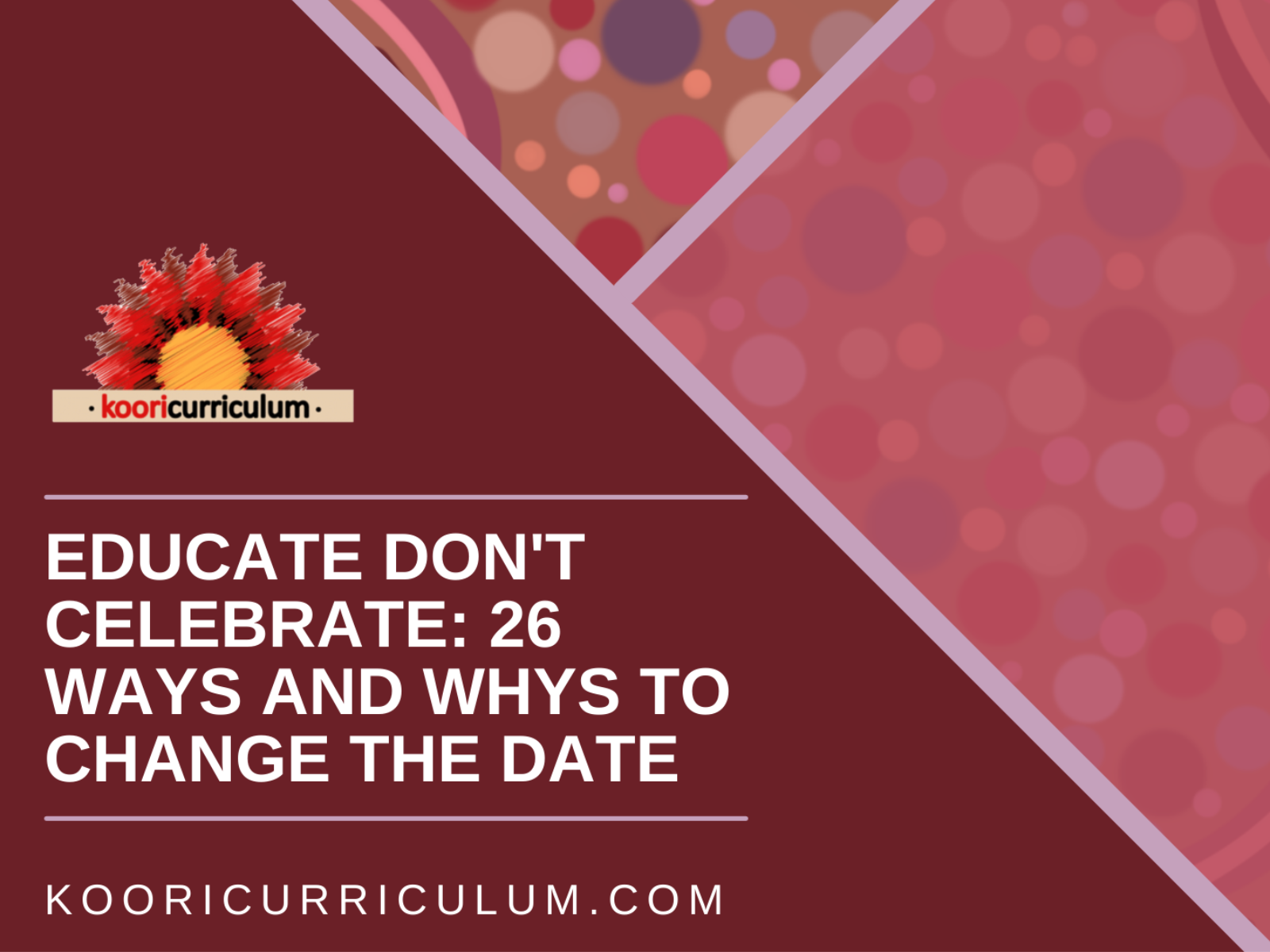
Our Top Lockdown Reads for Educators
"Dark Emu" By Bruce Pascoe
‘Dark Emu injects a profound authenticity into the conversation about how we Australians understand our continent ... [It is] essential reading for anyone who wants to understand what Australia once was, or what it might yet be if we heed the lessons of long and sophisticated human occupation.’ Judges for 2016 NSW Premier’s Literary Awards
Dark Emu puts forward an argument for a reconsideration of the hunter-gatherer tag for pre-colonial Aboriginal Australians. The evidence insists that Aboriginal people right across the continent were using domesticated plants, sowing, harvesting, irrigating, and storing — behaviours inconsistent with the hunter-gatherer tag. Gerritsen and Gammage in their latest books support this premise but Pascoe takes this further and challenges the hunter-gatherer tag as a convenient lie. Almost all the evidence in Dark Emu comes from the records and diaries of the Australian explorers, impeccable sources.
Bruce’s comments on his book compared to Gammage’s: “ My book is about food production, housing construction and clothing, whereas Gammage was interested in the appearance of the country at contact. [Gammage] doesn’t contest hunter gatherer labels either, whereas that is at the centre of my argument.”
Winner – Book of the Year in the 2016 NSW Premier's Literary Awards
Winner – Indigenous Writer's Prize in the 2016 NSW Premier's Literary Awards
Shortlisted – History Book Award in the 2014 Queensland Literary Awards
Shortlisted – 2014 Victorian Premier's Award for Indigenous Writing
"Hidden in Plain View : The Aboriginal People of Coastal Sydney" By Paul Irish
Winner of the NSW Regional and Community History Prize at the 2018 NSW Premier's History Awards
Contrary to what you may think, local Aboriginal people did not lose their culture and die out within decades of Governor Phillip's arrival in Sydney in 1788.
Aboriginal people are prominent in accounts of early colonial Sydney, yet we seem to skip a century as they disappear from the historical record, re-emerging early in the twentieth century. What happened to Sydney's indigenous people between the devastating impact of white settlement and increased government intervention a century later?
Hidden in Plain View shows that Aboriginal people did not disappear. They may have been ignored in colonial narratives but maintained a strong bond with the coast and its resources and tried to live on their own terms.
This original and important book tells this powerful story through individuals, and brings a poorly understood period of Sydney's shared history back into view. Its readers will never look at Sydney in the same way.
Indigenous Education in Australia Learning and Teaching for Deadly Futures Edited By Marnee Shay, Rhonda Oliver
This is an essential, practical resource for pre- and in-service educators on creating contexts for success for Aboriginal and Torres Strait Islander students. Based on the latest research and practice, this book provides an in-depth understanding of the colonised context within which education in Australia is located, with an emphasis on effective strategies for the classroom. Throughout the text, the authors share their personal and professional experiences providing rich examples for readers to learn from.
Taking a strengths-based approach, this book will support new and experienced teachers to drive positive educational outcomes for Aboriginal and Torres Strait Islander students.






